Should the last-gasp penalty that saved PSG have been awarded?
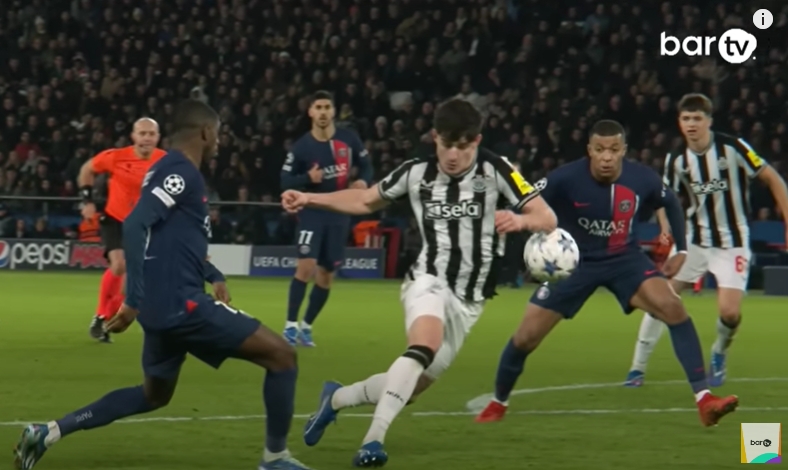
The International Football Association Board, which defines the rules of football, says nothing about a handball being ruled ineffective because the ball has hit the arm after previously hitting another part of the player's body. That is the first thing that must be clarified when analysing the controversial penalty with which PSG sntached a point against Newcastle.
1 year ago
Many have spoken out against the decision that allowed Kylian Mbappe to score the equaliser in the 98th minute of the PSG-Newcastle game. Szymon Marziniak, considered the best referee in the world and in charge of the final of the last World Cup, has been criticised from everywhere. But the truth is that the rule, at the very least, does not contradict his decision.
Newcastle defender Tino Livramento tried to block a pass from Ousmane Dembele in the box. The ball hit him in the chest before bouncing into his arm, approximately at elbow level. Marciniak did not award the penalty live, but did when, after the VAR call, he reviewed the play on the monitor.
A few years ago, the IFAB did exclude such actions from being punishable by a penalty. Generally, it was not considered an infraction if the ball "comes directly from the player's own head or body (including the foot)". In fact, even today, in national leagues, it is still unusual for such hands to be sanctioned under this justification.
However, there is no such exception in the current regulation. Now, interpretation is key in analysing infractions such as this one, with the position of the hand as a fundamental detail. Therefore, Livramento's handball is subject to the rules.
Literally, the IFAB considers it an infraction if a player "touches the ball with his hand/arm when he has unnaturally enlarged his body. A player is considered to have unnaturally extended his body when the position of his hand/arm is not a consequence of, or justifiable by, the player's body movement for that specific situation. By having his hand/arm in that position, the player risks the ball striking his hand/arm and being sanctioned".
Is the position of Livramento's left arm a direct consequence of the movement he is making? That is the key. Opinions are mixed. For some, the defender seems to be using his arm in a natural movement to try to block Dembele's pass, but for others, his arm is too open and he is enlarging his body unnaturally.
Predictably, England has been one of the most outraged by the action, with prominent figures fiercely criticising the penalty. For example, Alan Shearer, former player and now commentator, called the referee's decision "disgusting". However, Christina Unkel, a former international referee, focused her complaints on the rule rather than the application of it.
"The extended left arm does indeed create a kind of barrier. Once that arm is extended and there is a previous deflection it is not part of the interpretation or the analysis. I know it's something that a lot of people don't like and it's something that the International Football Association board are analysing," he said, as quoted by 'The Athletic'. In fact, FIFA has already been warned on several occasions (most recently in April) of the need to review this part of the regulations.
Newcastle defender Tino Livramento tried to block a pass from Ousmane Dembele in the box. The ball hit him in the chest before bouncing into his arm, approximately at elbow level. Marciniak did not award the penalty live, but did when, after the VAR call, he reviewed the play on the monitor.
A few years ago, the IFAB did exclude such actions from being punishable by a penalty. Generally, it was not considered an infraction if the ball "comes directly from the player's own head or body (including the foot)". In fact, even today, in national leagues, it is still unusual for such hands to be sanctioned under this justification.
However, there is no such exception in the current regulation. Now, interpretation is key in analysing infractions such as this one, with the position of the hand as a fundamental detail. Therefore, Livramento's handball is subject to the rules.
Literally, the IFAB considers it an infraction if a player "touches the ball with his hand/arm when he has unnaturally enlarged his body. A player is considered to have unnaturally extended his body when the position of his hand/arm is not a consequence of, or justifiable by, the player's body movement for that specific situation. By having his hand/arm in that position, the player risks the ball striking his hand/arm and being sanctioned".
Is the position of Livramento's left arm a direct consequence of the movement he is making? That is the key. Opinions are mixed. For some, the defender seems to be using his arm in a natural movement to try to block Dembele's pass, but for others, his arm is too open and he is enlarging his body unnaturally.
Predictably, England has been one of the most outraged by the action, with prominent figures fiercely criticising the penalty. For example, Alan Shearer, former player and now commentator, called the referee's decision "disgusting". However, Christina Unkel, a former international referee, focused her complaints on the rule rather than the application of it.
"The extended left arm does indeed create a kind of barrier. Once that arm is extended and there is a previous deflection it is not part of the interpretation or the analysis. I know it's something that a lot of people don't like and it's something that the International Football Association board are analysing," he said, as quoted by 'The Athletic'. In fact, FIFA has already been warned on several occasions (most recently in April) of the need to review this part of the regulations.

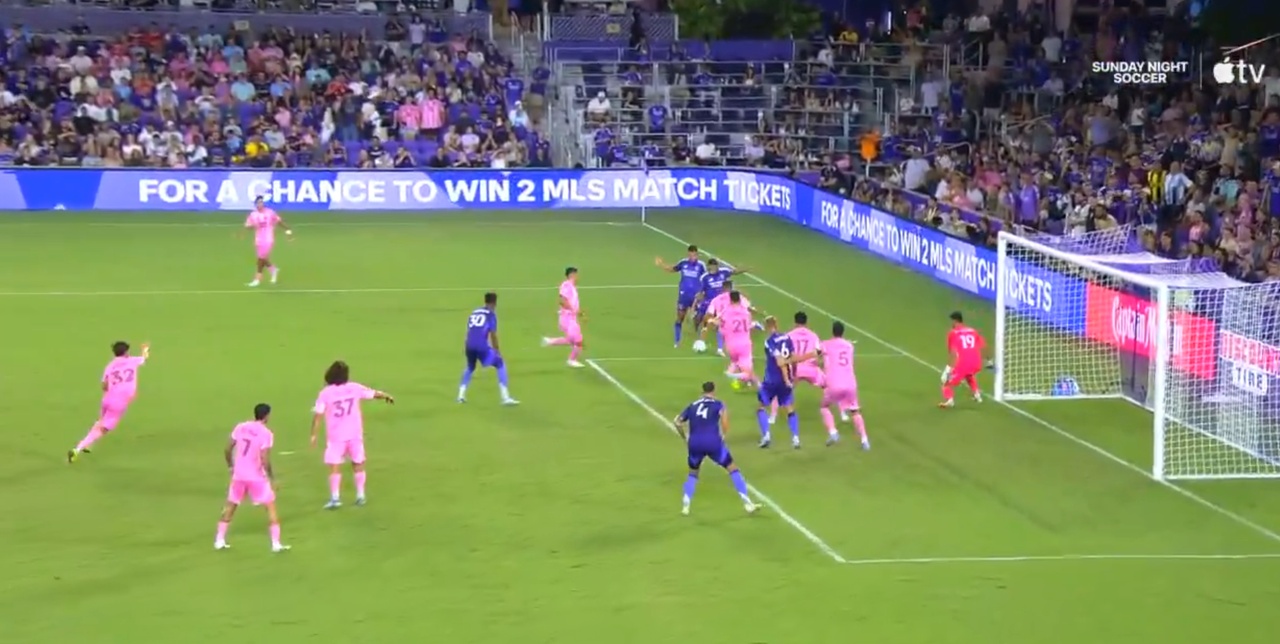
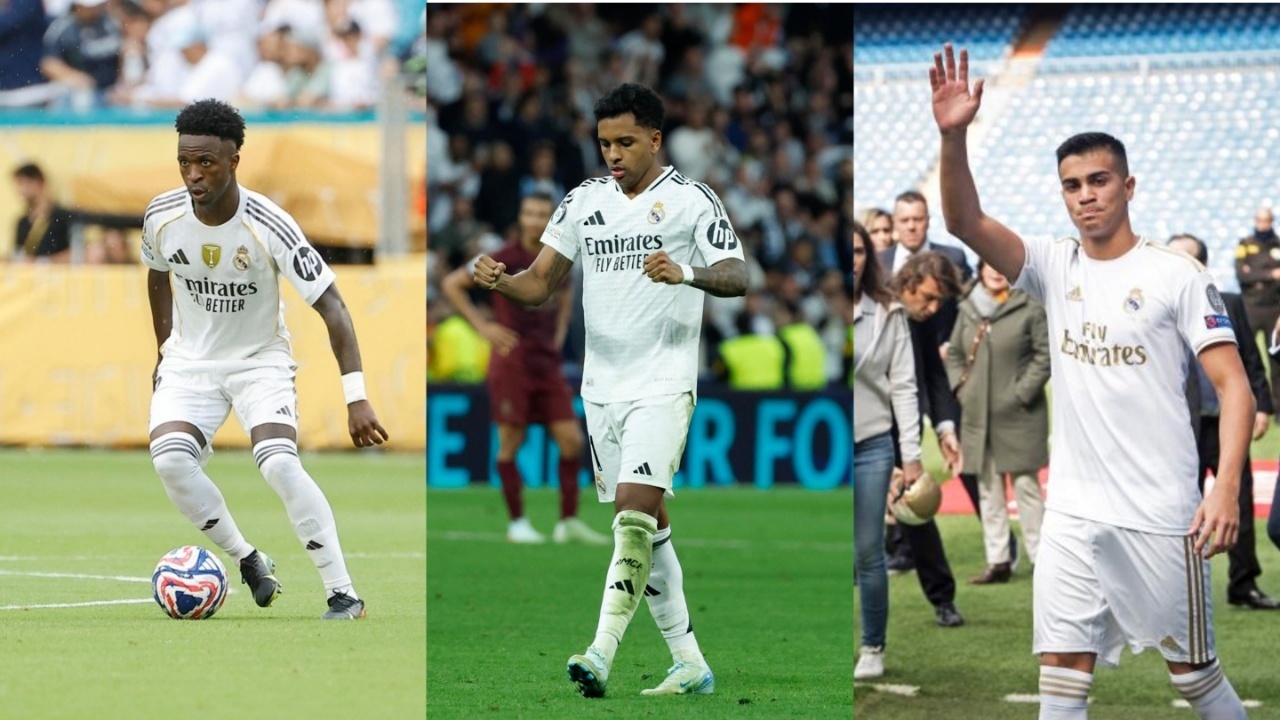
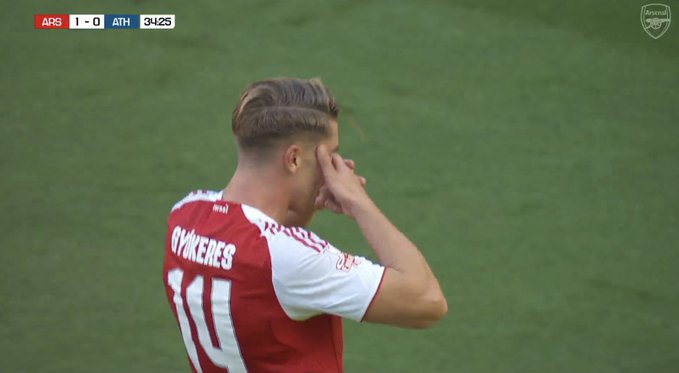
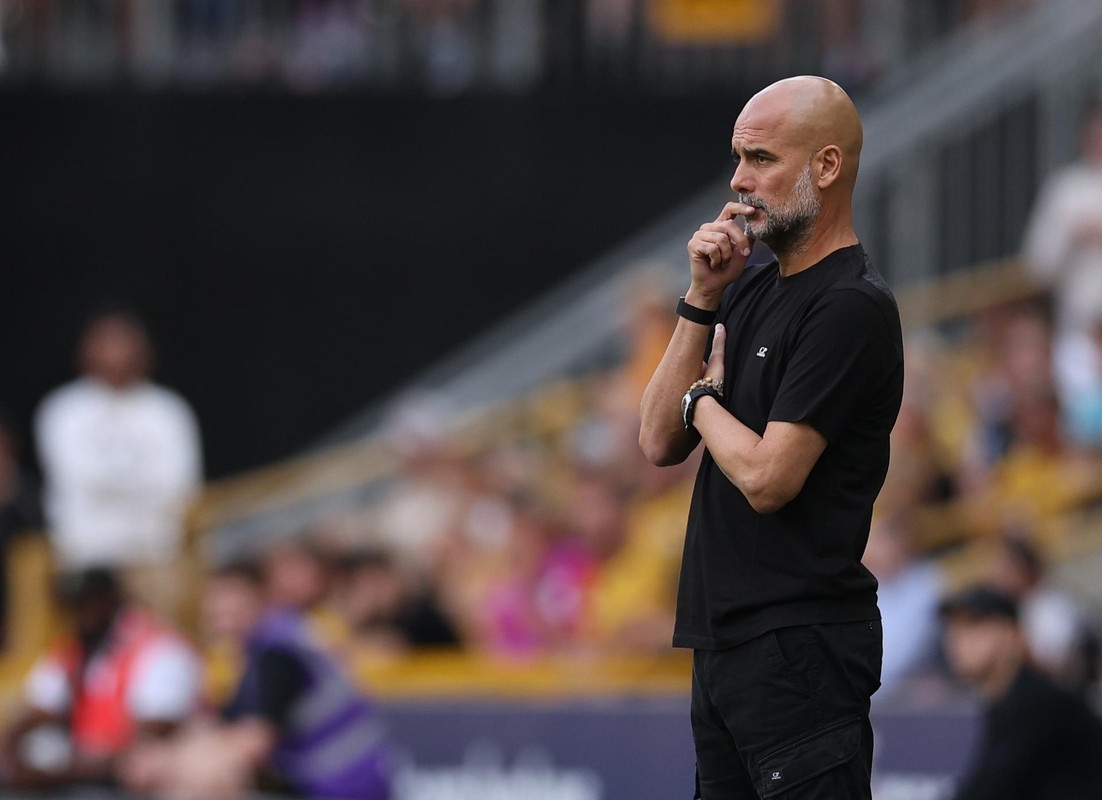
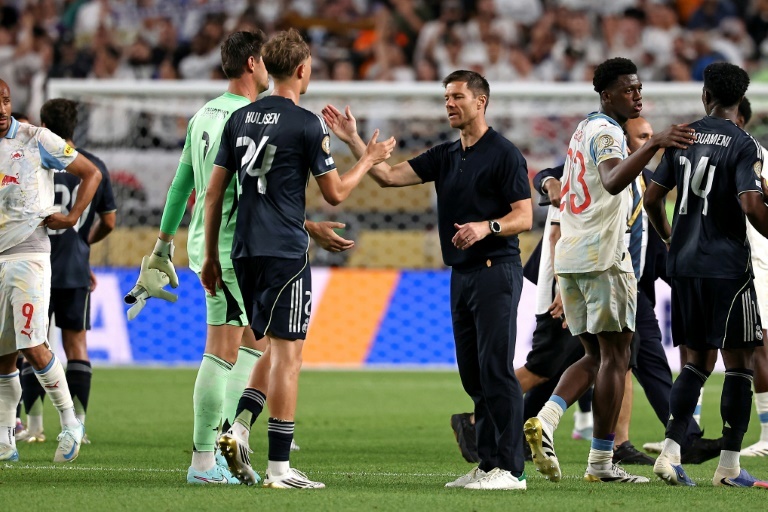
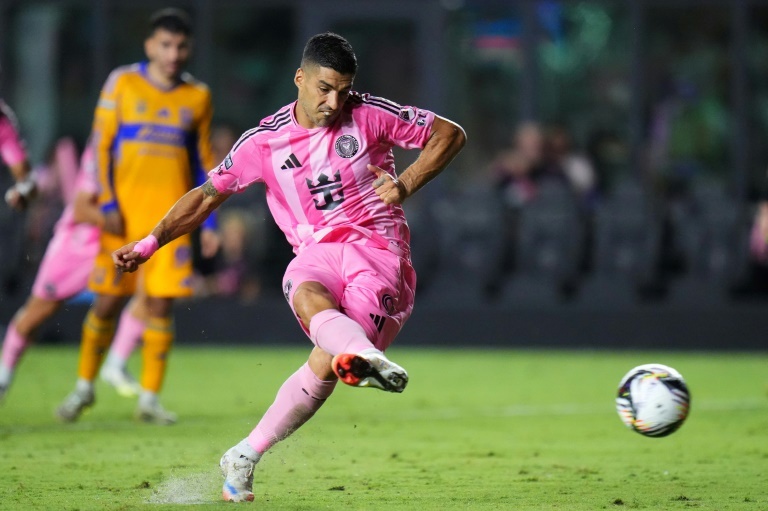
Comments